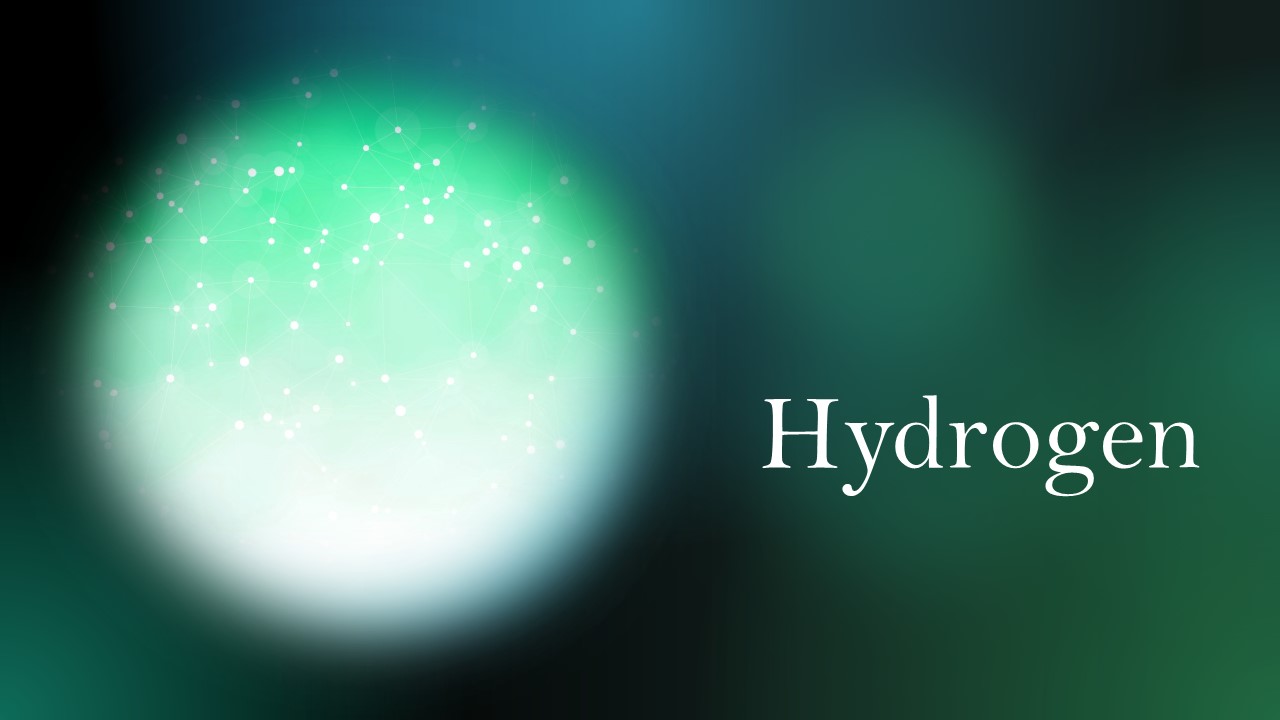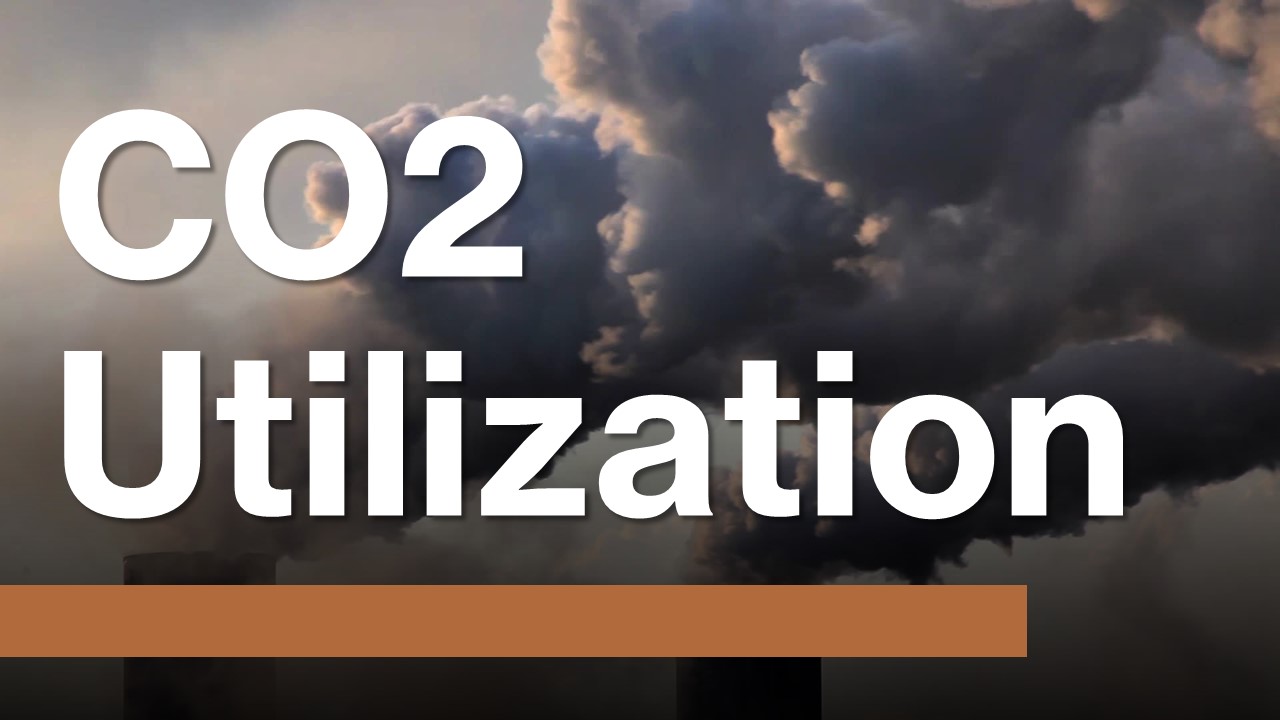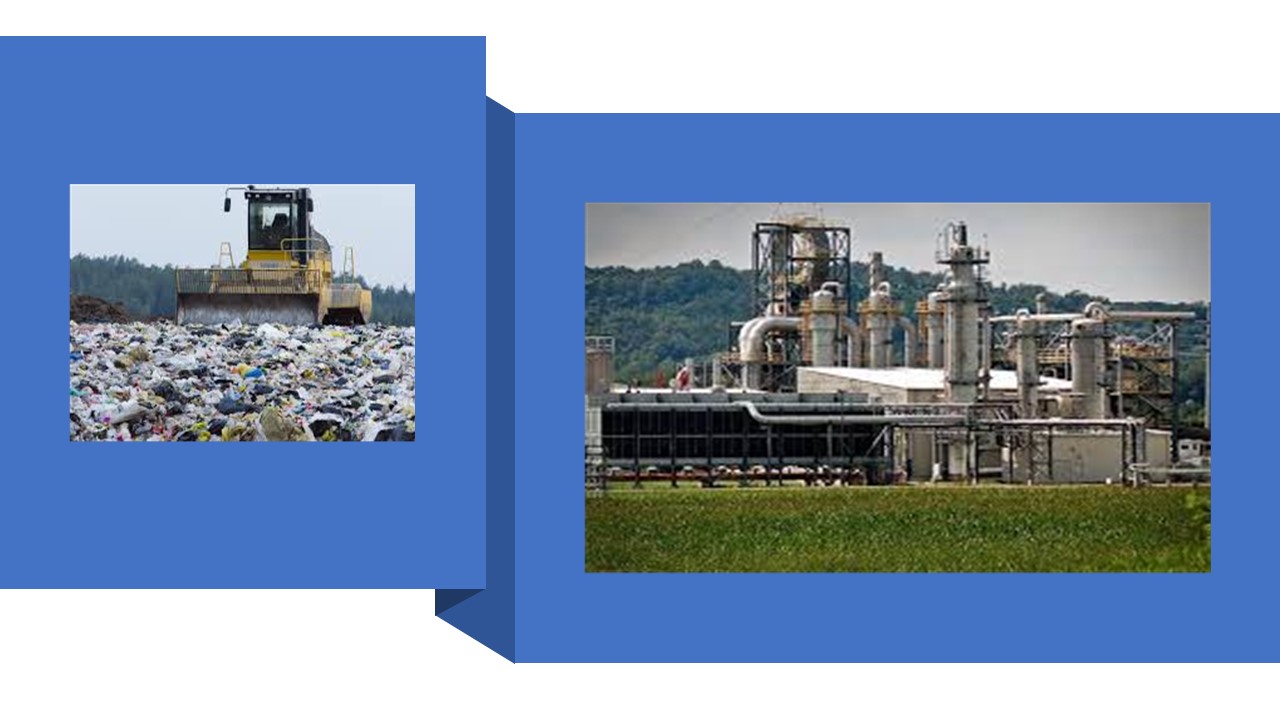Our Research

Innovative and collaborative research in the development, piloting, and scale-up of sustainable processes with minimal environmental impacts. We provide technological solutions to improve the performance of various industrial and energy sectors and help tackle climate change by moving towards a low-carbon future.
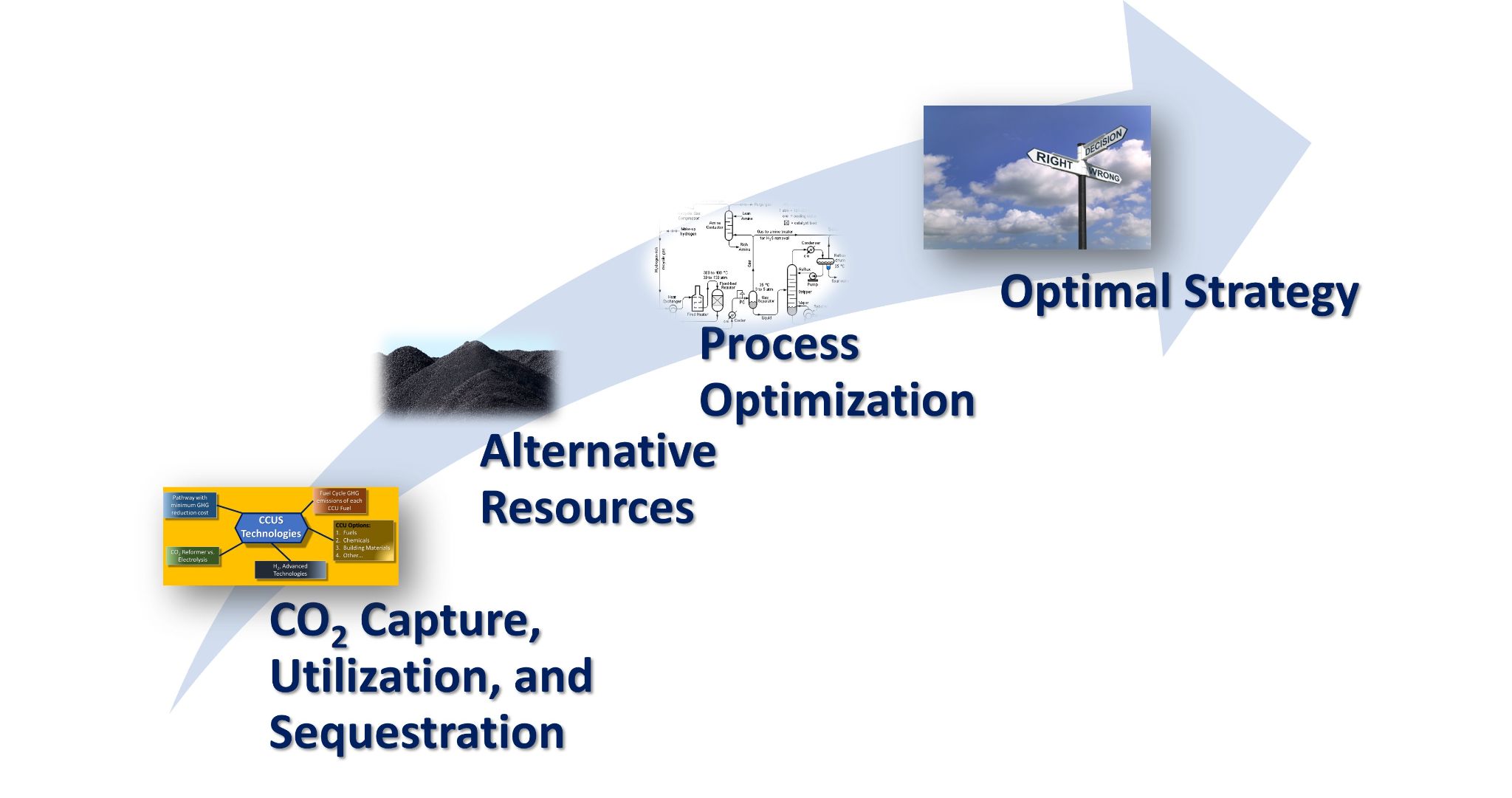
Our research focuses on three major areas: Carbon capture, utilization and sequestration; Waste valorization; and Process optimization.
- Carbon Capture, Utilization, and Sequestration (CCUS): The development of sustainable systems with zero carbon emissions faces two primary obstacles. How can CO2 be captured effectively and cheaply? how will the captured CO2 be utilized? Currently, the industry is only able to use a fraction of the acquired CO2. Consequently, it will soon be necessary to create new carbon sequestration and utilization methods.
- Waste Valorization: Alternative resources can play an important role in tackling the current environmental challenges and fossil fuel depletion issues. The incorporation of various options such as solar energy, biomass, nuclear energy, solid wastes, petcoke wastes, and nonrecyclable plastics into our energy and chemical supply chains must be rigorously evaluated. Process electrification is the other important area that can serve considerable improvement in several cases, particularly in regions where surplus electricity is available. In addition to the development and techno-economic optimization of biorefineries, which is an active research area, the coprocessing of bio-oil and crude oil is the other important topic in the decarbonization of the petrochemical industry.
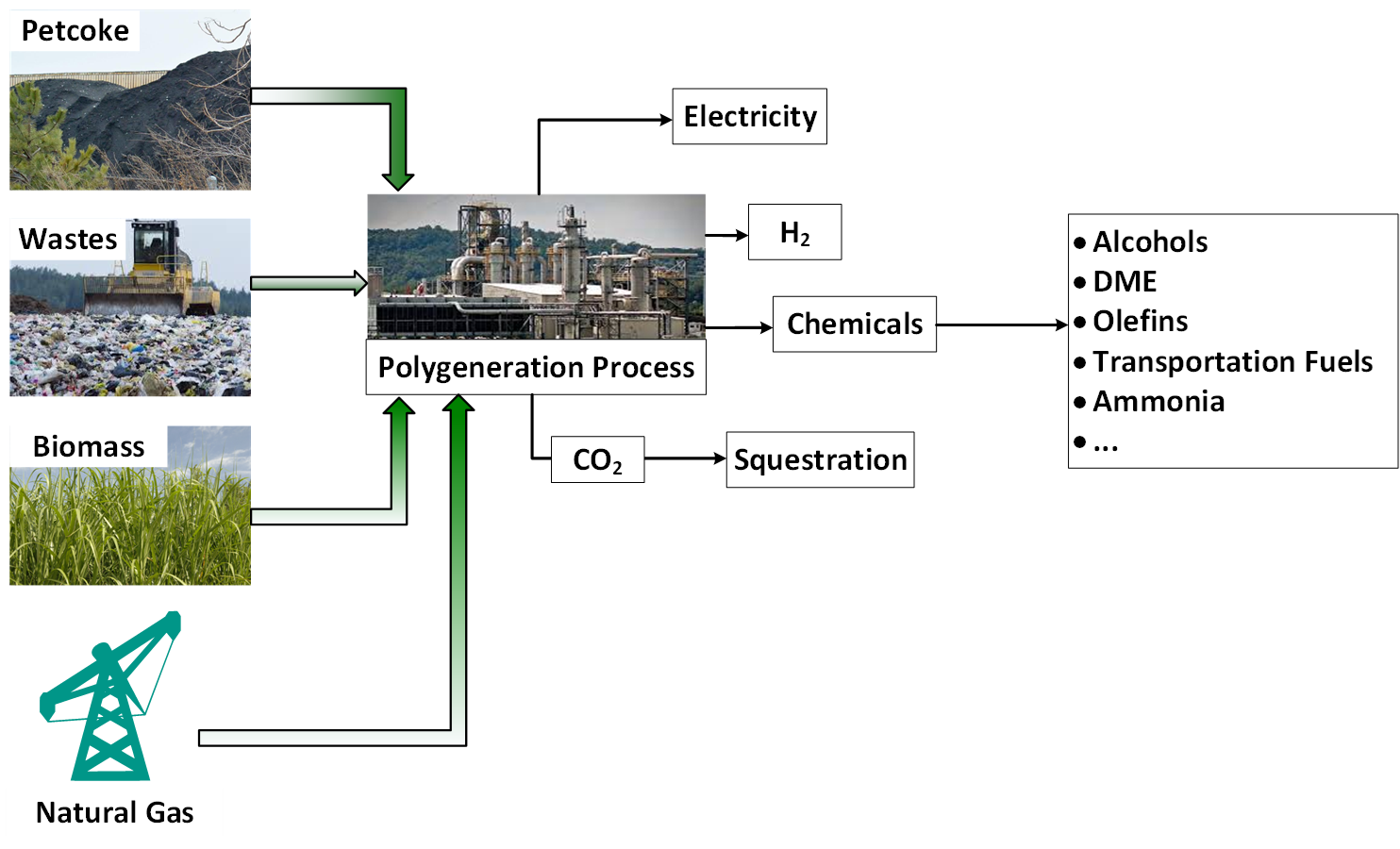
- Process Optimization: By completing the techno-economic optimization and life cycle assessment, it will be able to increase performance and minimize energy consumption, emissions, and other negative effects of existing systems. To achieve additional improvement in the efficiency of eco-friendly processes, it is necessary to investigate the incorporation of emerging technologies in each scenario.
These three elements will eventually be utilized to determine the optimal approach for the development of sustainable processes and decarbonization of existing systems. The solution that delivers the lowest decarbonization costs during its life cycle and can be sustained with minimal government subsidies.


